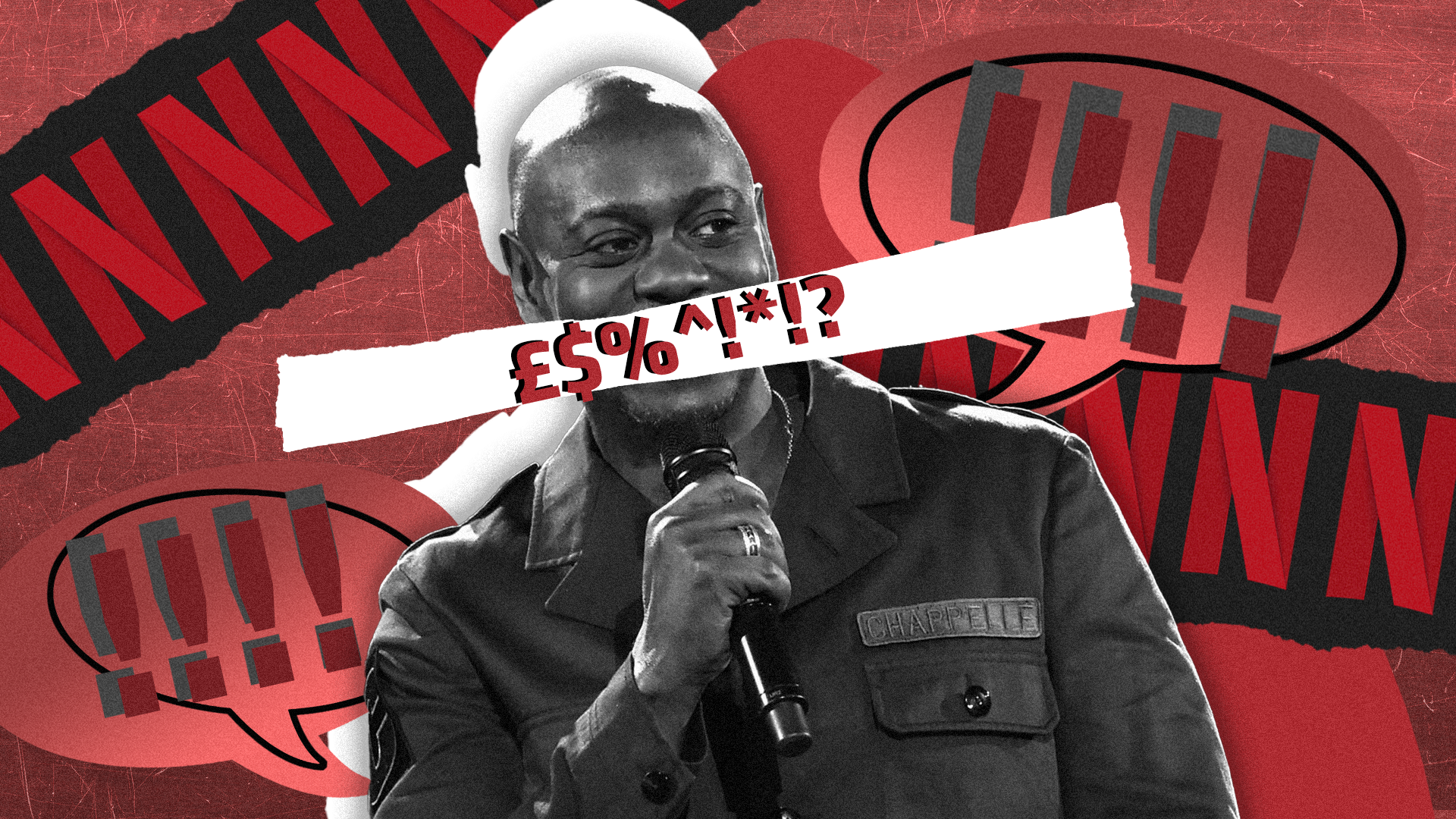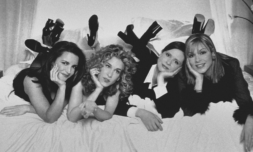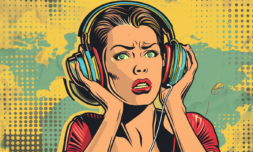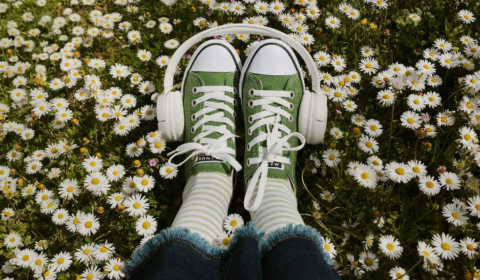Defence against Chappelle has pivoted on the age-old ‘free speech’ debate. Many have suggested comedians should push boundaries, that the best jokes are always cleverly veiled political points. I agree that a censored comedy circuit would serve no-one. But when do we draw the line around jokes that offend, and jokes that threaten lives?
Netflix has come under fire for greenlighting the ‘The Closer’, but the company maintains a miserably indifferent stance.
Criticism has come from both within and outside of Netflix’s walls. Trans staff have spoken out in droves, with one stating that Chappelle was attacking ‘the trans community and the very validity of transness’.
Another staff member was promptly fired for leaking financial information about the show. As it turns out, offending legions of people will cost you your bank account as well as your reputation; ‘The Closer’ set Netflix back $23.6 million. That’s $2.5 million more than the streaming platform spent on global hit ‘Squid Game’.
These numbers may seem like a legislative distraction from the real, tangible ramifications of Chapelle’s comments. But they highlight a dismal reality. Trans people constantly face a world that’s pitched against them, a world that continues to overlook even the most glaring misdemeanours for the sake of money and clout.
Last Wednesday, Netflix boss Ted Sarandos was publicly rebuked by LGBTQ+ advocacy group GLAAD, after a memo was leaked in which he defended the decision to continue streaming ‘The Closer’. His suggestion that ‘content on screen doesn’t directly translate to real-world harm’ is both ludicrous and frustrating.
As chairman of a platform that recently inspired a spike in white Vans sneaker sales (following the success of ‘Squid Game’), Sarandos should know how deftly the culture we consume shapes the lives we lead.
Trans activist Ashlee Marie Preston spoke out against Sarandos and Netflix on Twitter. Her statement spoke to the core of the issue. ‘Chappelle was not ‘cancelled’’, she said. ‘He’s been invited to the table for transformative dialogue but won’t show up’.
That’s the thing about Dave Chappelle. For many, his comments pale in the face of an extraordinary career. In a space dominated by cis, white men, Chappelle has built a comedic empire worth over $50 million.
He’s brushed shoulders with Drake and Stevie Wonder. He’s shaped the landscape of modern comedy, receiving the Mark Twain Prize for American humour in 2019 – the highest comedy honour. A man of his cachet doesn’t need to show up for change, he can always fall back on the comfortable world his fame promises.
Some may say that a transphobic stance shouldn’t revoke the trailblazing of a successful Black man. But I’m not suggesting we pitch Chappelle as the sole villain in this story. If I’m banging that drum, I couldn’t count the number of white men who continue enjoying wealth and fame after the most harrowing accusations were thrown at them.
Hollywood is built to protect its pockets, not its victims. As Preston said on Twitter, Dave Chappelle – unlike many trans people – will live through this controversy. Pointing the finger squarely at him, cultivating a narrative of ‘Chappelle vs the trans community’, distracts from more structural blame.
The reality is that Chappelle’s comments are dangerous. And they should be grounds for angered debate. But Chappelle is also a mouthpiece for a much larger problem. His voice is amplified by the doting hand of a transphobic Hollywood. No matter who cracks the ‘jokes’, it’s always this hand holding the mic.
For all the defensive stutters of ‘free speech’ and ‘art for art’s sake’, trans people are dying. More transgender people have lost their lives in 2021 than in the previous six years. Time spent demonising a single figure like Chappelle is, sadly, time wasted. His success will continue to flourish after this conversation simmers to a whisper.
We need to start calling out the systems that fuel that success, that enable and cushion celebrities despite their wrongdoings.
Chappelle and Netflix may cite poetic licence, but for those always pinned as the punchline, freedom of speech remains a luxury. How long before Hollywood accepts trans people as anything more than a joke?




















